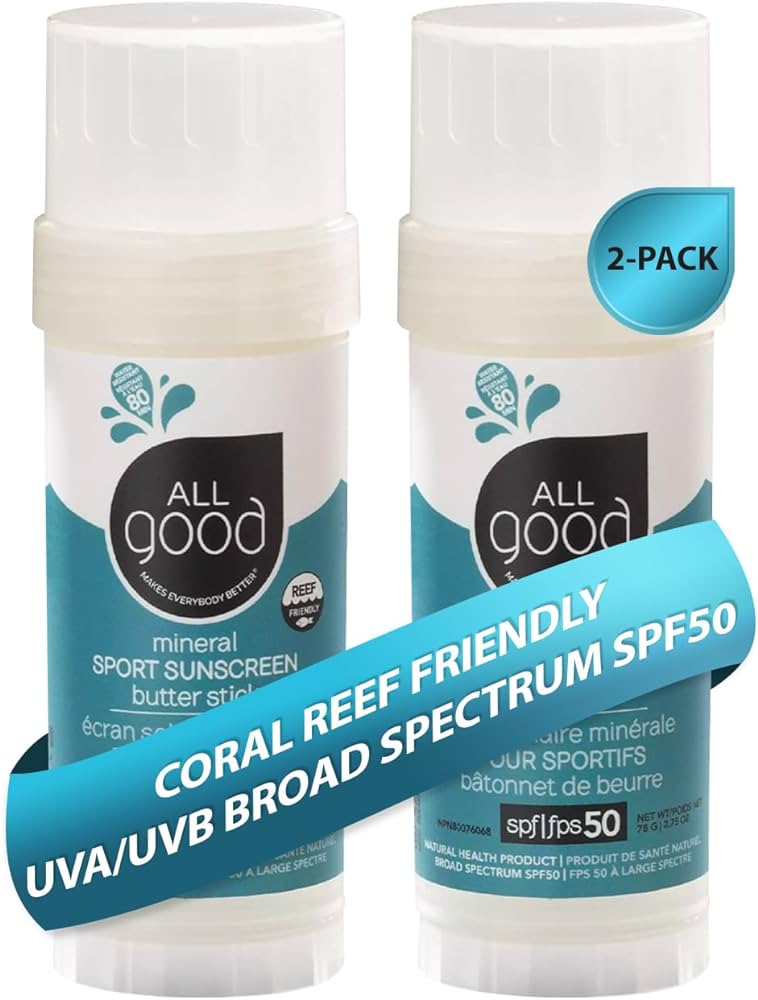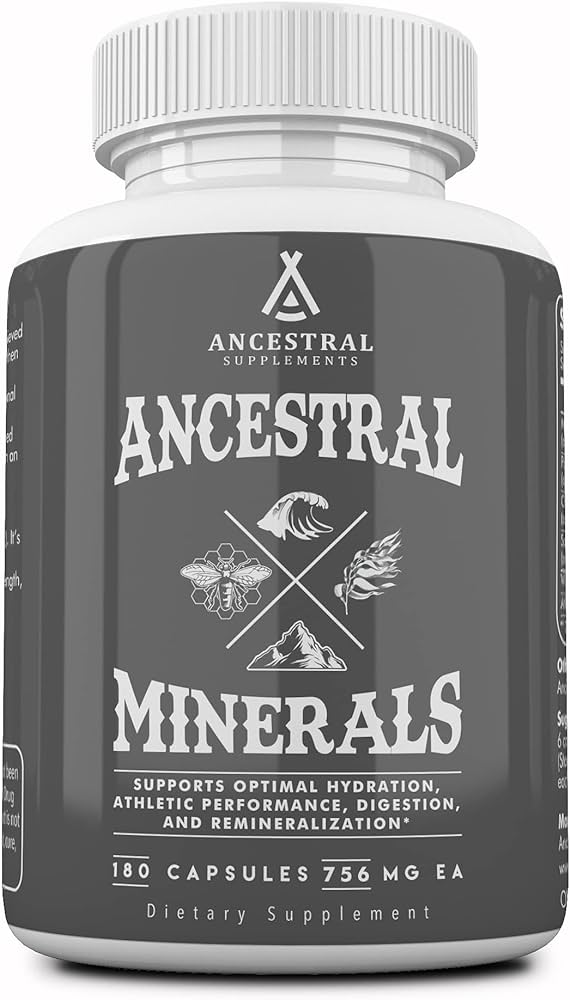Top 9 Best Oils for a Perfect Tan: Hydrating & Protective Options for Every Skin Type
Dreaming of that sun-kissed glow? The right tanning oil can transform your skin into a radiant masterpiece. With countless options on the market, finding the perfect oil can feel overwhelming. But don’t worry, we’ve got you covered.
1. Coconut Oil: A Natural Choice for Hydration
Coconut oil offers exceptional hydration, making it a top pick for achieving that sun-kissed glow.
Why Coconut Oil is Effective for Tanning
Hydrates deeply, nourishing your skin and providing a smooth base for an even tan. Coconut oil contains medium-chain fatty acids that help retain moisture, ensuring your skin stays soft and supple. It also has natural SPF properties, offering some protection against harmful UV rays while still allowing for efficient tanning.
The Best Ways to Use Coconut Oil for a Golden Tan
Apply generously, massaging coconut oil into your skin before sun exposure. For best results, use organic, virgin coconut oil as it retains most of the beneficial properties. Reapply every 1-2 hours, especially after swimming or sweating, to maintain continuous hydration. Mix with other essential oils or natural tanning agents for an enhanced effect.
2. Olive Oil: Rich in Vitamins
Eliminate the guesswork and discover the benefits of olive oil for tanning. This natural oil is packed with nutrients to give you a radiant glow.
Nutritional Profile of Olive Oil for Skin Care
Understand that olive oil is brimming with essential vitamins. It’s rich in vitamins A, D, E, and K, which nourish and protect your skin. Vitamin E is particularly effective in combating oxidative stress and reducing sun damage. A 2010 study published in the Journal of Cosmetic Dermatology highlights the positive impact of these vitamins on skin health.
Tips on Applying Olive Oil for Effective Tanning
Apply olive oil generously for the best tanning results. Begin by exfoliating your skin to remove dead cells. Once your skin is clean, massage a liberal amount of olive oil onto your body. Make sure to cover all areas evenly to avoid patchiness. For extra protection, you can pair it with a broad-spectrum sunscreen. Reapply the oil every 2 hours, especially after swimming or sweating. Use extra virgin olive oil to ensure maximum nutrient retention.
Adopt these tips to make the most out of your tanning experience with olive oil. This natural, vitamin-rich oil is an excellent choice for a glowing, sun-kissed look.
3. Avocado Oil: Skin Nourishment Master
Avocado oil is another fantastic choice for tanning. Its rich, nutrient-dense profile helps nourish your skin while promoting a healthy tan.
The Benefits of Avocado Oil Beyond Moisturization
Avocado oil offers more than just hydration. It’s packed with vitamins A, D, and E, which help repair and protect your skin. These vitamins provide anti-aging benefits by boosting collagen production and reducing wrinkles. The oil also contains omega-3 fatty acids, which reduce inflammation and promote smooth, supple skin. This makes avocado oil ideal for achieving a nourished, glowing tan.
How to Apply Avocado Oil for Maximum Tanning Benefits
Apply avocado oil right before sun exposure. Start by massaging a generous amount onto clean, dry skin for even coverage. Focus on areas that are prone to dryness like elbows and knees. Reapply the oil every couple of hours, especially after swimming or sweating, to maintain skin hydration and maximize tanning benefits. Pair avocado oil with natural exfoliation methods like a sugar scrub beforehand for even better results.
4. Argan Oil: The Moroccan Secret
Argan oil, often referred to as liquid gold, hails from Morocco and offers incredible benefits for tanning. It’s packed with essential nutrients that make it a favorite among skin enthusiasts.
Why Argan Oil is a Top Choice for Skin Enthusiasts
Contains Vitamin E and Fatty Acids: Argan oil is rich in Vitamin E, making it excellent for skin hydration. The fatty acids in argan oil help nourish and protect your skin from damage while tanning.
Provides Anti-Aging Benefits: Loaded with antioxidants, argan oil combats free radicals, reducing signs of aging. This makes it a dual-purpose oil, ideal for both tanning and maintaining youthful skin.
Promotes Elasticity: The saponins in argan oil enhance skin elasticity, which helps in maintaining a smooth, even tan. Your skin will feel supple and look radiant.
Standard Methods to Use Argan Oil in Sun Tanning
Apply Before Sun Exposure: Generously apply argan oil to your skin about 30 minutes before sunbathing. This way, your skin will have time to absorb the nutrients and provide a protective barrier.
Focus on Dry Areas: Pay special attention to dry areas like elbows, knees, and heels when applying argan oil. These areas can tan unevenly, so giving them extra moisture is crucial.
Reapply Periodically: For optimal tanning results, reapply argan oil every 2 hours. This ensures continuous hydration and helps maintain an even tan.
Use for Post-Sun Care: Argan oil is also excellent for post-sun care. Apply it after sun exposure to soothe and hydrate your skin, reducing any redness or irritation.
5. Grapeseed Oil: The Lightweight Protector
Grapeseed oil is known for its lightweight texture and protective properties. Its gentle formulation is perfect for achieving a tan without overwhelming your skin.
Advantages of Grapeseed Oil for Sensitive Skin
Offers Gentle Hydration. Grapeseed oil is incredibly light and absorbs quickly, making it perfect for sensitive skin. It locks in moisture without feeling greasy, reducing the risk of irritation.
Contains Antioxidants. Rich in Vitamin E and flavonoids, grapeseed oil protects your skin from free radicals and environmental damage. It enhances your skin’s ability to tan while minimizing harm.
Improves Skin Elasticity. The fatty acids in grapeseed oil boost skin elasticity, helping your skin stay firm and youthful. This elasticity aids in achieving an even tan without patchiness.
Application Techniques for Optimal Sun Tan
Apply Before Sun Exposure. Start by applying a thin layer of grapeseed oil evenly across your skin before going into the sun. Focus on areas that tan more quickly, like your arms and legs.
Reapply Regularly. To maintain protection and hydration, reapply every 2 hours or after swimming. Grapeseed oil’s lightweight nature ensures your skin stays comfortable even with multiple applications.
Use for Post-Sun Care. After sunbathing, apply another layer of grapeseed oil to soothe and replenish your skin. This helps to lock in the tan and moisturize any potentially dry areas.
6. Jojoba Oil: Similar to Skin’s Natural Oils
Jojoba oil mimics the natural oils produced by your skin, making it an ideal choice for tanning.
Jojoba Oil’s Compatibility With Skin
Jojoba oil is noncomedogenic, meaning it won’t clog your pores. Dermatologists love recommending it for all skin types, especially sensitive or acne-prone skin. With its high vitamin E content, jojoba oil nourishes your skin, reducing the risk of peeling post-tan. It also provides a protective barrier, maintaining skin hydration during sun exposure.
Using Jojoba Oil to Enhance Your Tan
Before tanning, apply a thin layer of jojoba oil to your skin. Doing so helps the oil to be absorbed quickly due to its similarity to your skin’s sebum. Reapply every 2 hours to ensure continuous hydration and protection. Post-tan, using jojoba oil soothes your skin, locking in moisture to extend the longevity of your tan.
7. Carrot Seed Oil: SPF and Antioxidant Rich
Why Carrot Seed Oil is a Sun Care Favorite
Carrot seed oil has natural SPF properties that provide some protection from UV rays. Packed with vitamin E and beta carotene, it helps your skin fight free radicals and premature aging. Many users love its ability to improve skin elasticity and hydrate deeply. Carrot seed oil offers an earthy fragrance, making it a pleasant addition to your tanning regimen.
Guidelines for Using Carrot Seed Oil for Tanning
Apply a thin layer of carrot seed oil before sun exposure for best results. Reapply every 1-2 hours or after swimming for consistent protection. Mix it with other carrier oils for enhanced benefits. Use it post-tan to nourish your skin, maintain your tan, and prevent peeling. Always combine carrot seed oil with other sun protection measures for optimal safety.
8. Walnut Oil: Deep Tan Enhancer
Benefits of Using Walnut Oil for Richer Tan
Walnut oil can help you achieve a deeper, richer tan. It contains a high concentration of antioxidants and essential fatty acids that nourish your skin. Using walnut oil can also enhance your skin’s natural melanin production, aiding in a darker tan. The oil’s hydrating properties keep your skin moisturized and smooth, reducing peeling and promoting an even tan.
Effective Use of Walnut Oil for Natural Tanning
Apply walnut oil to clean, dry skin before sun exposure. Ensure you cover all areas you want to tan, using a generous amount to create a protective layer. Reapply the oil every couple of hours or after swimming to maintain consistent coverage. For best results, combine walnut oil with a high-SPF sunscreen to protect your skin while achieving a natural, gorgeous tan.
9. Hemp Seed Oil: Perfect for Sensitive Skin
The Soothing Effects of Hemp Seed Oil
Hemp seed oil is a fantastic option for sensitive skin. It contains essential fatty acids, like omega-3 and omega-6, which reduce inflammation and keep your skin hydrated. Its anti-inflammatory properties help soothe irritation, making it ideal for those prone to redness.
Best Practices for Using Hemp Seed Oil in Tanning
Use hemp seed oil before you head out to tan. Apply a generous amount to clean skin to ensure even coverage. Don’t forget to reapply every couple of hours, especially if you’re swimming or sweating. To maintain your tan, continue using hemp seed oil after sun exposure to keep your skin nourished and hydrated.
Conclusion: Choosing the Right Oil for Your Tanning Goals
Selecting the right oil for tanning can significantly enhance your sun-kissed glow while keeping your skin nourished and hydrated. With options like coconut, olive, avocado, argan, and more, you can find the perfect match for your skin type and tanning needs. Oils like carrot seed and hemp seed offer additional benefits such as natural SPF and anti-inflammatory properties, making them excellent choices for comprehensive skin care.
Remember to follow best practices when using these oils to maximize their benefits. Regular application and post-sun care are crucial for maintaining healthy, glowing skin. Prioritize your skin’s health by choosing oils that not only help you achieve your desired tan but also protect and nourish your skin.
Frequently Asked Questions
What are the benefits of using coconut oil for tanning?
Coconut oil helps hydrate the skin, making it look smooth and glossy. It also contains antioxidants and has a natural SPF of about 4-5, offering minimal sun protection while allowing for a deeper tan.
Is olive oil good for tanning?
Yes, olive oil is beneficial for tanning due to its hydrating properties and antioxidants. It helps keep the skin moisturized, enhancing the tanning process and giving a healthy glow to your skin.
Can I use avocado oil for tanning?
Absolutely! Avocado oil is rich in vitamins and essential fatty acids, which nourish the skin deeply. It helps reduce dryness and keeps the skin moisturized during and after sun exposure.
What makes argan oil suitable for tanning?
Argan oil is packed with antioxidants, vitamin E, and essential fatty acids. These components help protect the skin from damage, keep it hydrated, and enhance its elasticity, making it a suitable option for tanning.
How does grapeseed oil benefit the skin during tanning?
Grapeseed oil is lightweight and rich in antioxidants, which help protect the skin from harmful UV rays. It also contains omega fatty acids that support skin hydration and elasticity during tanning.
Can jojoba oil be used for tanning?
Yes, jojoba oil is excellent for tanning due to its similar composition to the skin’s natural oils. It deeply moisturizes the skin, helps maintain hydration, and reduces the risk of peeling.
Why is carrot seed oil recommended for tanning?
Carrot seed oil has natural SPF properties and is rich in antioxidants. It improves skin elasticity and provides deep hydration, making it an excellent choice for pre, during, and post-tanning skincare.
Is hemp seed oil good for sensitive skin during tanning?
Hemp seed oil is perfect for sensitive skin due to its anti-inflammatory properties. It soothes irritation, reduces redness, and helps maintain nourished and hydrated skin during and after tanning.
What are the best practices for using hemp seed oil in tanning?
Apply hemp seed oil before tanning to hydrate and prepare the skin. Reapply it regularly during tanning sessions to maintain hydration and use it post-sun exposure to nourish and soothe the skin.






